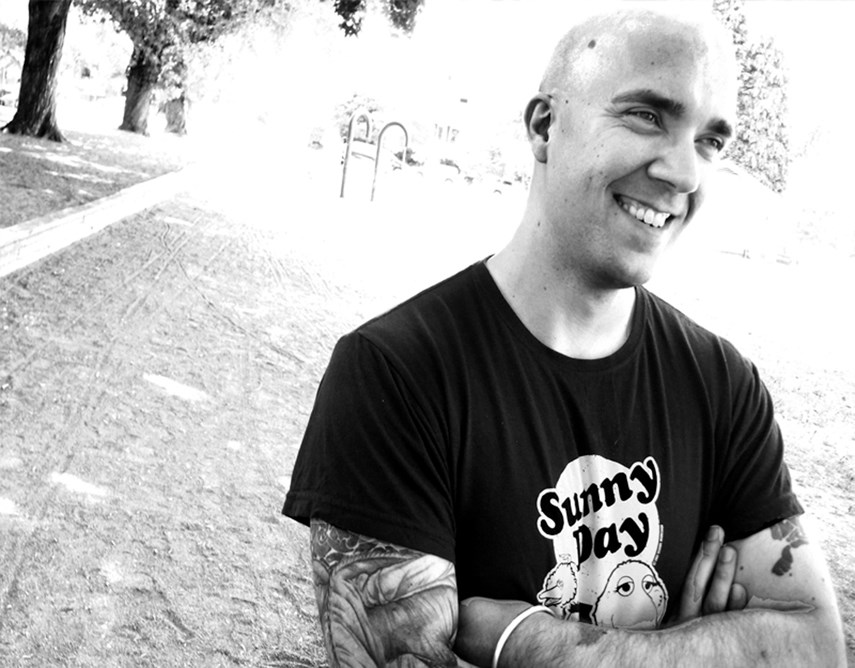What does a room full of NASA engineers and astronauts have to learn from a blind man? Perhaps, ironically, a point of view.
Capilano University creative writing instructor Ryan Knighton is the keynote speaker at a leadership forum at NASA’s Goddard Space Flight Centre in Greenbelt, Maryland this week.
“They reached out to me and, as you can imagine, I was shocked that NASA wanted to talk to a blind guy because I can’t even drive a car let alone look at the sky,” he said.
But, rather than asking for advice on rocketry or space telescopes, like the kind engineers develop at Goddard, the forum’s organizers are hoping Knighton can teach them a thing or two about valuing diversity in the workplace.
“Mostly we think about the issues of difference in the workplace around ideas of accommodating people and helping them fit in and greasing the wheels so everybody can work together,” he said. “But I think there’s something gained by the friction of difference that you have a point of view that is jarring and different and it can open up other possibilities around you.”
To illustrate his point, Knighton’s keynote draws on his world travels “for sensory experiences other than sightseeing.” Among them: diving for clams with a Japanese sushi chef, using only touch in the murky water to identify clams, or travelling to South Africa to go on safari where he could only hear and not see what nature offered.
At first, he was skeptical of the idea but his editors tracked down a guide who had experience taking a blind person out among the wild animals.
“It completely changed the way he did safaris so they sent me into the bush with him and it was utterly amazing. It was just incredible,” he said.
It bodes well that NASA would take an interest in his message and find a way to apply it to the complex problems they work to solve both in and out of our atmosphere.
“I think it’s a testimony to the fact NASA is very much driven by curiosity and they don’t limit themselves to the specificity of their mandate that way,” he said.
Outside his career as an instructor and travel writer, Knighton is acclaimed for his TV and feature film screenplays and award-nominated books Cockeyed, a memoir about growing up and going blind, and C’mon Papa: Dispatches from a Dad in the Dark.
It was one of Knighton’s stories about blind fatherhood that NASA organizers heard him telling on the popular NPR show This American Life that got him the invite. The story involved an ostensible run-in with a bear while attempting to get his daughter to daycare on the Capilano campus (It turned out the bear she was trying to tell him about was of the stuffed, teddy variety).
The value of a fresh point of view is something that also applies in the classroom at Cap, where Knighton has been teaching since 1998.
Each week, he gives his students a challenge to tell him something they think that he wouldn’t know. Invariably, they find visual things to fill him in on, like peculiar fashion trends.
“It’s sort of funny because it puts them in a place where they have to adopt a different point of view. It defamiliarizes the world around them. They were just sort of shocked to realize, ‘He doesn’t know what anybody is wearing right now.’”
Once his talk is complete, Knighton has been invited for a tour of the facility, where he hopes to gain an appreciation of the work NASA does that has little or nothing to do with what can be seen.
“I think they do a lot of deep space listening so maybe I’ll hear some interesting clicks,” he said with a laugh.



